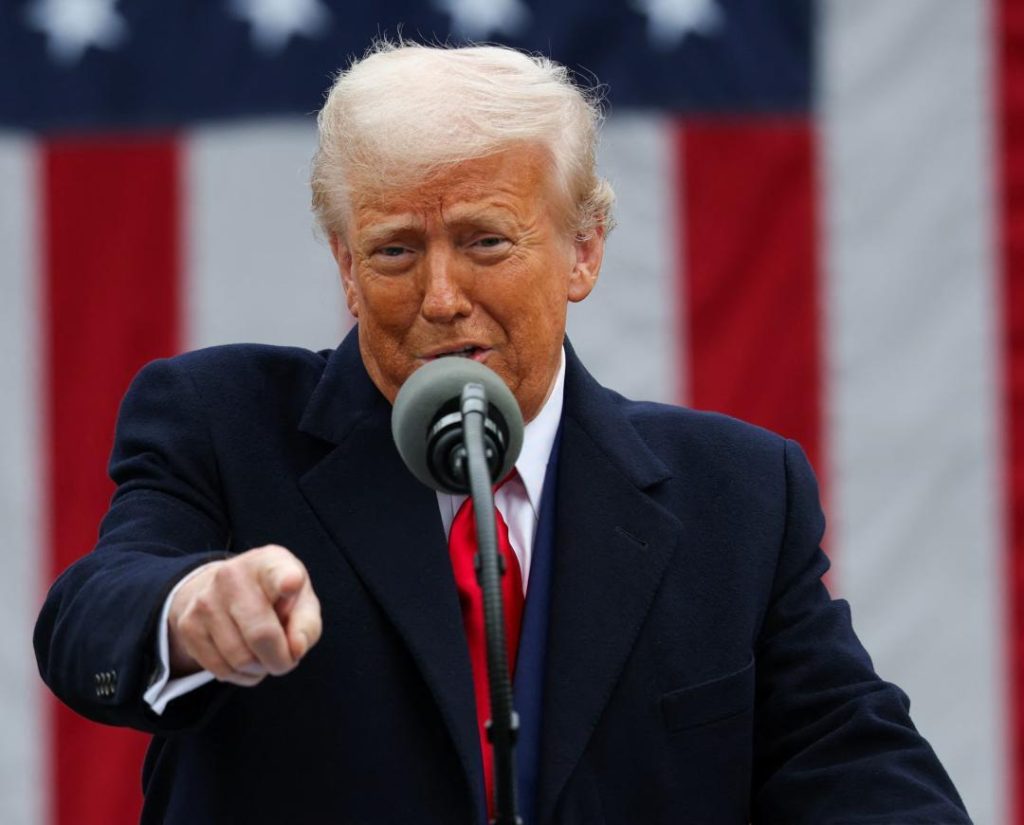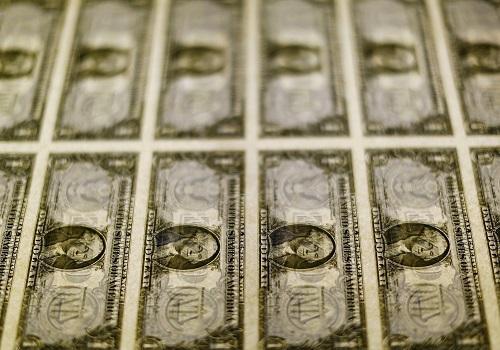
Which goods & items are exempt from Trump’s new tariffs?
In a move that has sent shockwaves across the globe, US President Donald Trump announced new reciprocal tariffs on Wednesday, April 2. The tariffs, which aim to protect American industries, have been met with widespread criticism from trade partners and experts. While the tariffs are set to impact a wide range of goods, certain commodities have been kept out of the ambit of these reciprocal tariffs.
In this blog post, we will take a closer look at the list of exempted goods and items, including pharmaceuticals, bullion, energy, minerals, copper, steel, aluminum, semiconductors, and lumber articles.
Pharmaceuticals: A significant exemption
The list of exempted goods includes pharmaceuticals, which is a significant development for several reasons. According to reports, pharmaceutical products account for nearly $9 billion worth of exports from India. This exemption is a welcome relief for Indian pharma companies, which were worried about the impact of the tariffs on their exports to the US. The exemption of pharmaceuticals is also seen as a significant development in the context of the ongoing trade negotiations between the US and India.
Bullion: Exempt from tariffs
Bullion, which includes physical gold and silver of high purity, is another commodity that has been exempted from the tariffs. This is a significant development for investors and traders who rely on the US market for buying and selling bullion. The exemption of bullion is also seen as a move to maintain the stability of the global gold and silver markets.
Energy: A critical exemption
Energy is another critical sector that has been exempted from the tariffs. This is a significant development for the global energy market, which is highly dependent on international trade. The exemption of energy products is seen as a move to maintain the stability of the global energy supply chain.
Minerals: Some minerals not available in the US
The list of exempted goods also includes certain minerals that are not available in the US. This is a significant development for countries that rely heavily on mineral exports. The exemption of these minerals is seen as a move to maintain the stability of the global mineral trade.
Copper: A critical sector
Copper is another critical sector that has been exempted from the tariffs. Copper is a highly sought-after metal that is used in a wide range of applications, from construction to electronics. The exemption of copper is seen as a move to maintain the stability of the global copper supply chain.
Steel and aluminum: Exempt for now
Steel and aluminum, two critical sectors that are critical to the global economy, have been exempted from the tariffs for now. This is a significant development for countries that rely heavily on steel and aluminum exports. While the exemption is welcome news, it is likely that the tariffs will be revisited in the future.
Semiconductors: A critical sector
Semiconductors are another critical sector that has been exempted from the tariffs. Semiconductors are highly sought-after components that are used in a wide range of applications, from electronics to automobiles. The exemption of semiconductors is seen as a move to maintain the stability of the global semiconductor supply chain.
Lumber articles: A significant exemption
Lumber articles, which include wood products such as plywood and veneer, have also been exempted from the tariffs. This is a significant development for countries that rely heavily on lumber exports. The exemption of lumber articles is seen as a move to maintain the stability of the global lumber trade.
Conclusion
In conclusion, while the new tariffs announced by US President Donald Trump are likely to have a significant impact on global trade, certain commodities have been kept out of the ambit of these reciprocal tariffs. The list of exempted goods and items, which includes pharmaceuticals, bullion, energy, minerals, copper, steel, aluminum, semiconductors, and lumber articles, is a welcome relief for countries that rely heavily on these commodities. As the global trade landscape continues to evolve, it will be fascinating to see how these exemptions play out in the coming months.






